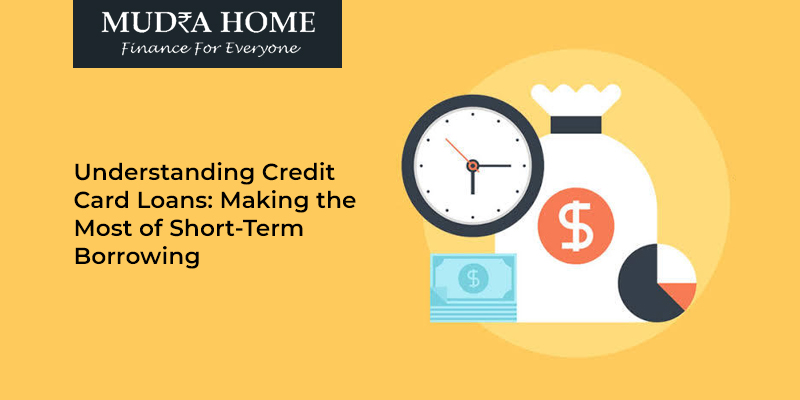In today’s fast-paced world, credit cards have become an integral part of our financial landscape. They offer convenience, flexibility, and purchasing power, allowing us to make transactions without carrying physical cash. However, credit cards also come with the option of borrowing money, which can be both a blessing and a potential financial pitfall if not managed wisely. In this blog, we will delve into the world of credit card loans, exploring how to make the most of short-term borrowing while avoiding common pitfalls.
**The Basics of Credit Card Loans**
A credit card loan, also known as a cash advance, is a form of short-term borrowing where you withdraw cash from your credit card account. This can be done at an ATM, bank, or even by writing a credit card check. While credit card loans offer quick access to funds, they typically come with higher interest rates compared to regular credit card purchases. Additionally, most credit card companies charge a cash advance fee, which adds to the overall cost of borrowing.
**When to Consider a Credit Card Loan**
While credit card loans can be convenient, they should be approached with caution and reserved for specific situations. Here are some scenarios where a credit card loan might be considered:
- **Emergencies**: When faced with an unexpected expense, like a medical bill or car repair, a credit card loan can provide immediate financial relief. However, it’s crucial to have a plan in place to repay the loan quickly.
- **Traveling**: While traveling, you might find yourself in a situation where only cash is accepted. A credit card loan can be useful in such cases, but again, it’s important to have a repayment strategy.
- **Bridge Financial Gaps**: If you are awaiting your next paycheck but need funds to cover essential expenses, a credit card loan can help bridge the gap temporarily.
**Making the Most of Short-Term Borrowing**
While credit card loans can be a lifeline in certain situations, it’s essential to approach them with a clear plan to avoid falling into a debt trap. Here are some tips to make the most of short-term borrowing:
- **Understand the Costs**: Before taking a credit card loan, make sure you understand the associated costs, including interest rates and any fees. Compare these costs with other forms of borrowing to determine if a credit card loan is the most cost-effective option.
- **Have a Repayment Plan**: Short-term loans can quickly accumulate interest, making them expensive if not repaid promptly. Have a solid repayment plan in place before taking the loan. Aim to pay it off as soon as possible to minimize interest charges.
- **Limit the Amount**: Only borrow the amount you absolutely need. Credit card loans can be tempting, but borrowing more than necessary can lead to greater financial strain during repayment.
- **Explore Alternatives**: Before opting for a credit card loan, consider other alternatives such as a personal loan from a bank or credit union. These may offer more favorable terms, especially for larger amounts.
- **Budget for Repayment**: When borrowing, adjust your budget to accommodate the loan repayment. Cutting unnecessary expenses and reallocating funds can help you repay the loan without straining your finances.
- **Avoid Making It a Habit**: While credit card loans can be convenient, they should not become a habit. Relying on them frequently can lead to a cycle of debt that becomes difficult to break.
**In Conclusion**
Credit card loans can be a helpful tool for short-term borrowing when used wisely. They provide quick access to funds in emergencies and other specific situations. However, it’s crucial to approach credit card loans with caution, understand the associated costs, and have a solid repayment plan in place. By following these guidelines, you can make the most of credit card loans without falling into the trap of excessive debt. Remember, responsible borrowing is a key step toward maintaining a healthy financial future.
